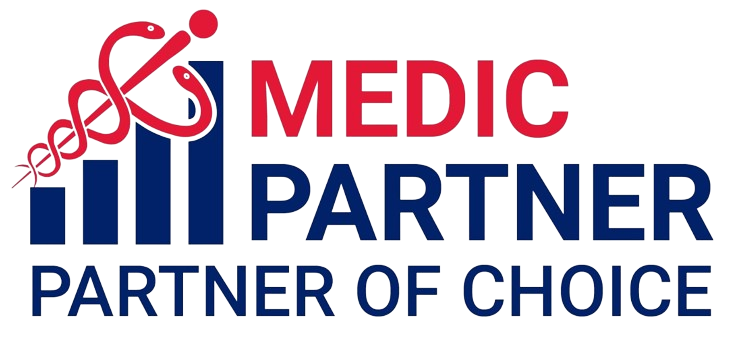
Revenue Management
Revenue management in the Revenue Cycle Management (RCM) industry involves the strategic use of tools, processes, and data to optimize financial performance in healthcare organizations. Here are some key aspects of revenue management in the RCM industry:
Key Components
-
Patient Scheduling and Registration:
- Efficient scheduling to maximize patient flow.
- Accurate registration to ensure correct patient information and insurance details.
-
Insurance Verification:
- Verification of patient insurance details to prevent claim denials.
- Ensuring coverage and benefits are understood prior to services rendered.
-
Charge Capture:
- Accurate and timely capture of all charges associated with patient services.
- Ensuring that no services are missed in the billing process.
-
Coding:
- Use of standardized coding systems (e.g., ICD-10, CPT) to translate services into billable codes.
- Ensuring compliance with coding guidelines to avoid denials and audits.
-
Claims Management:
- Submission of claims to insurers promptly and accurately.
- Monitoring and managing the claims process to ensure timely payment.
-
Payment Posting:
- Accurate posting of payments received from insurers and patients.
- Reconciliation of payments with accounts receivable.
-
Denial Management:
- Identifying patterns and reasons for claim denials.
- Developing strategies to address and reduce denials.
-
Patient Billing and Collections:
- Generating patient statements and managing payment plans.
- Effective communication with patients regarding their financial responsibilities.
-
Reporting and Analytics:
- Regular analysis of financial data to identify trends and areas for improvement.
- Using key performance indicators (KPIs) to track financial performance.
